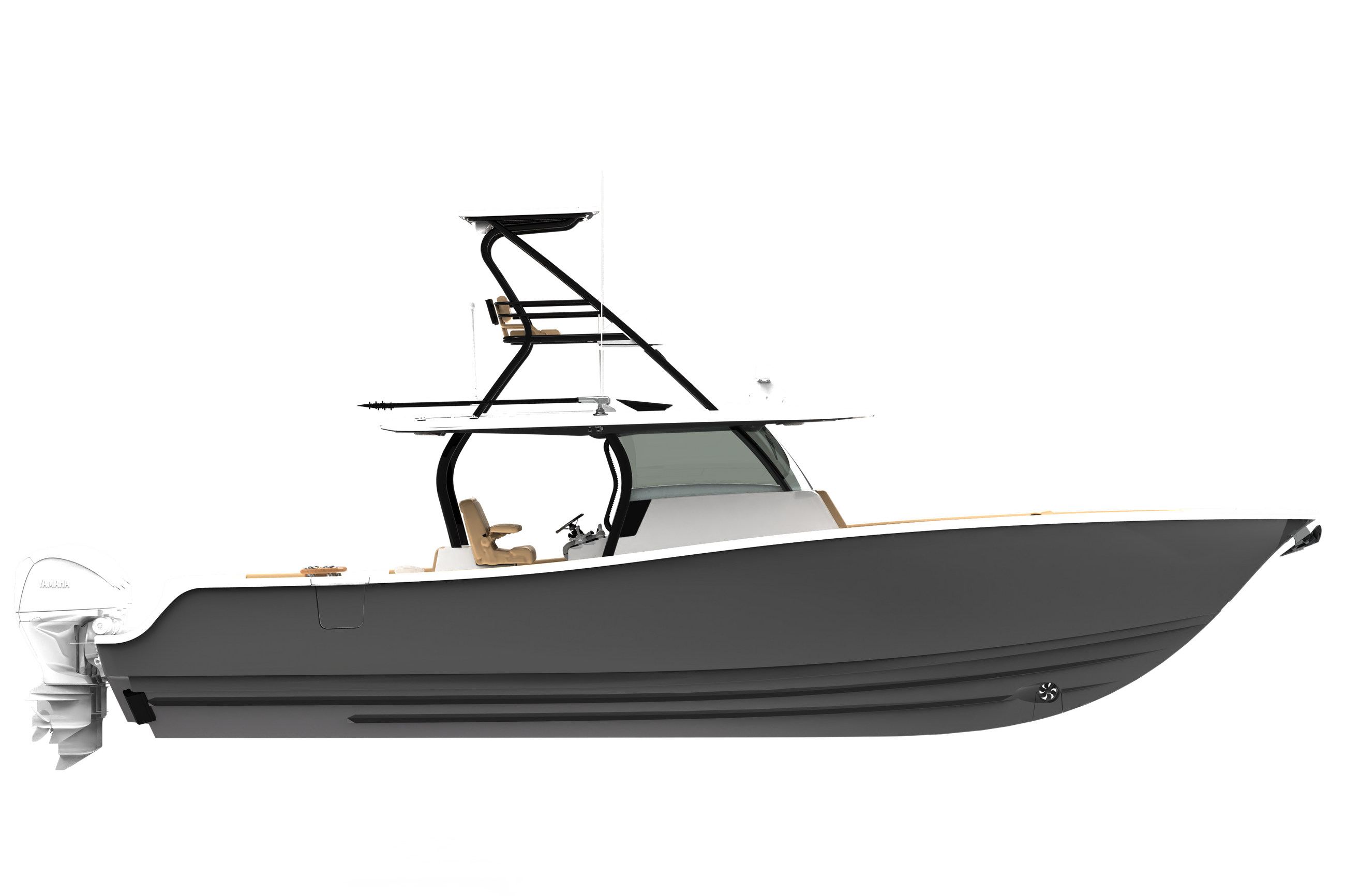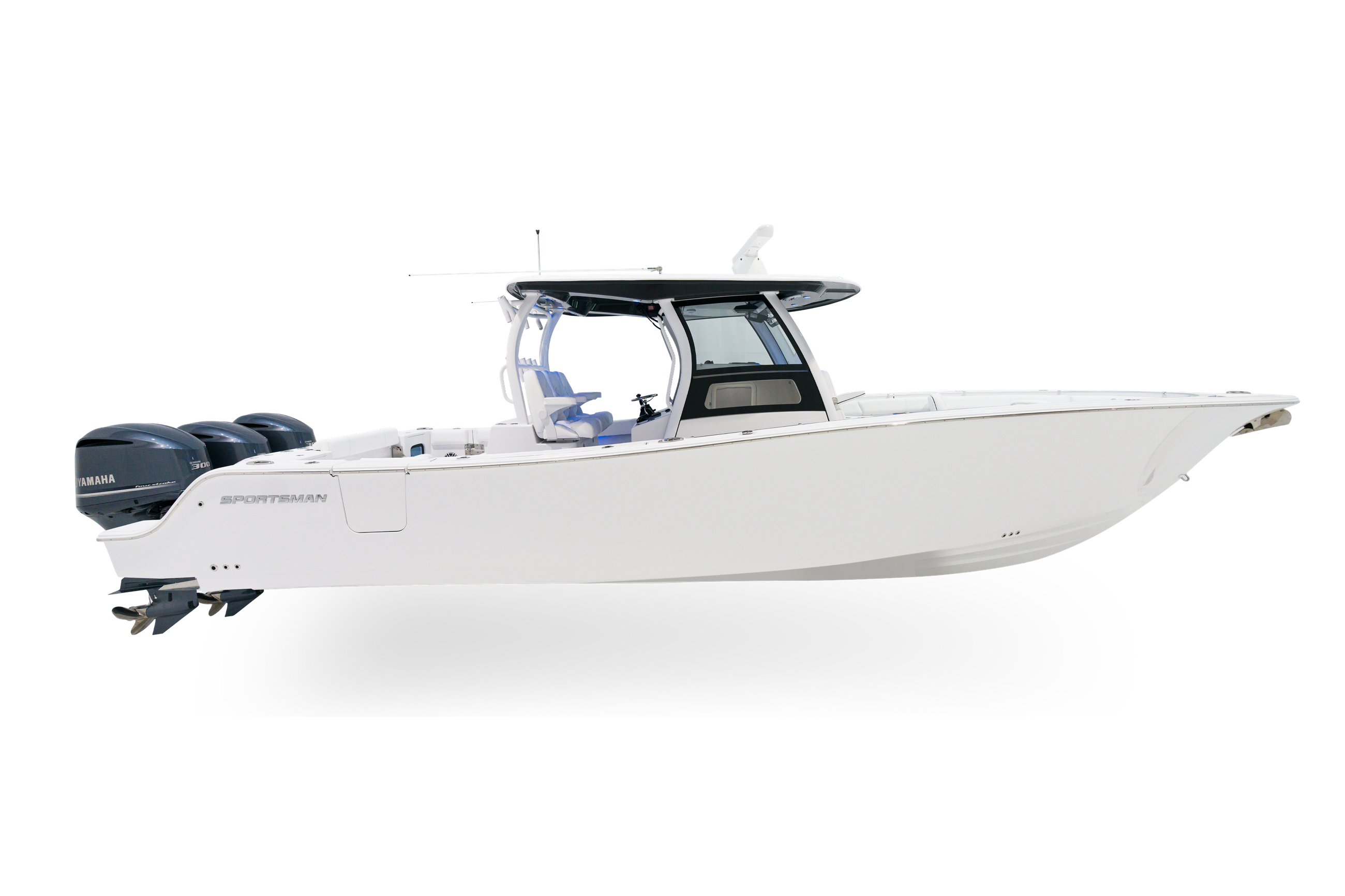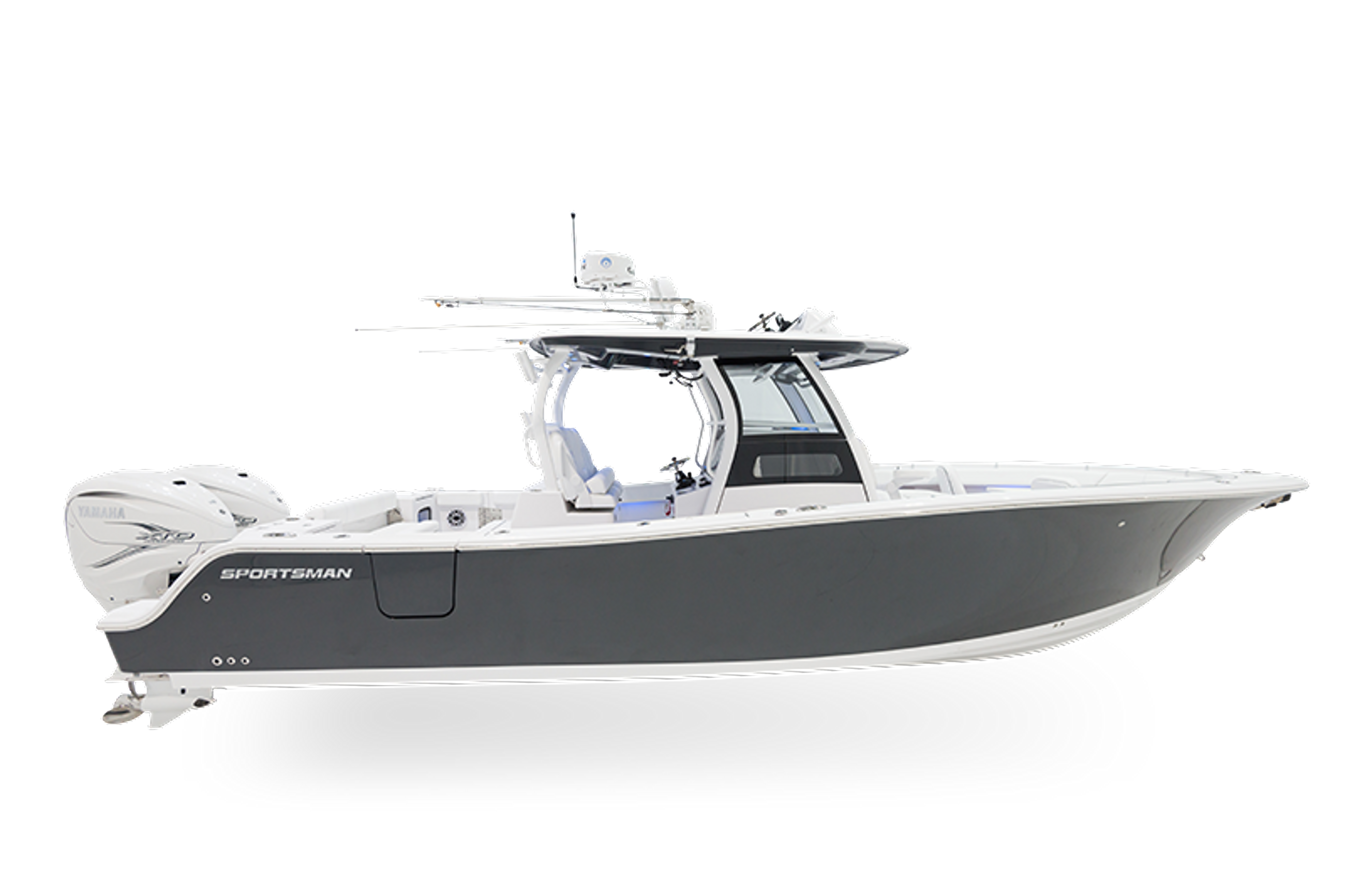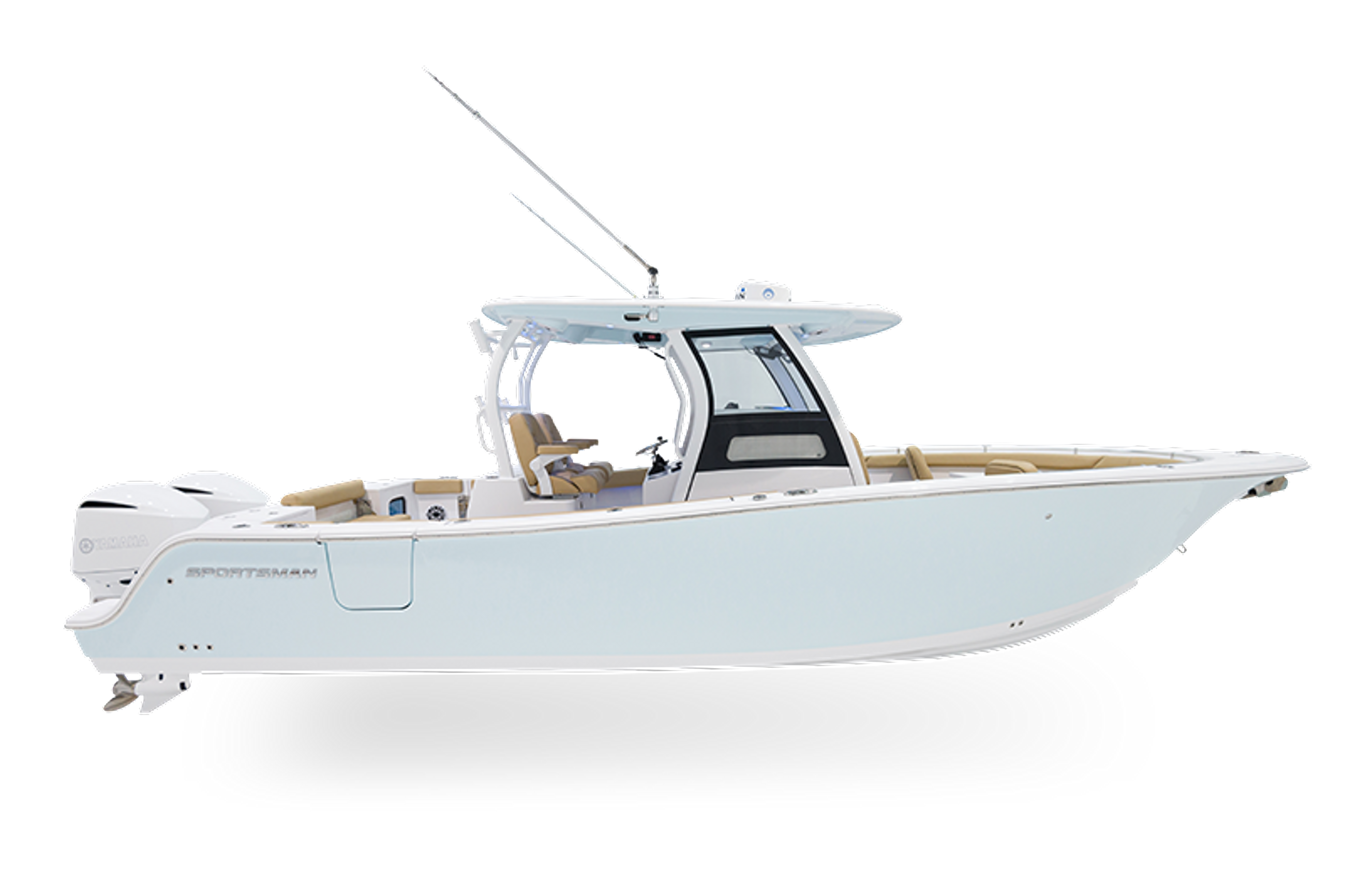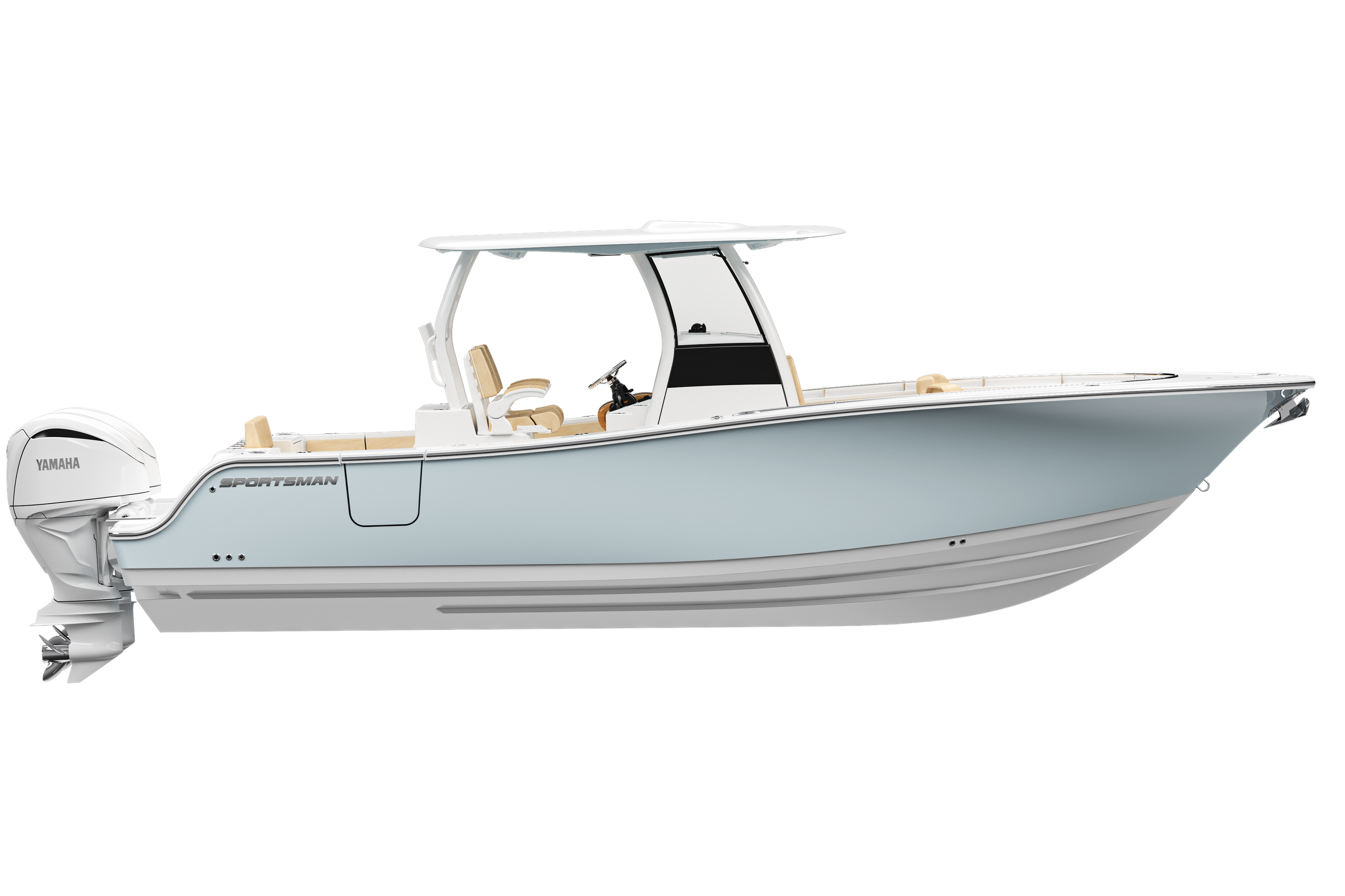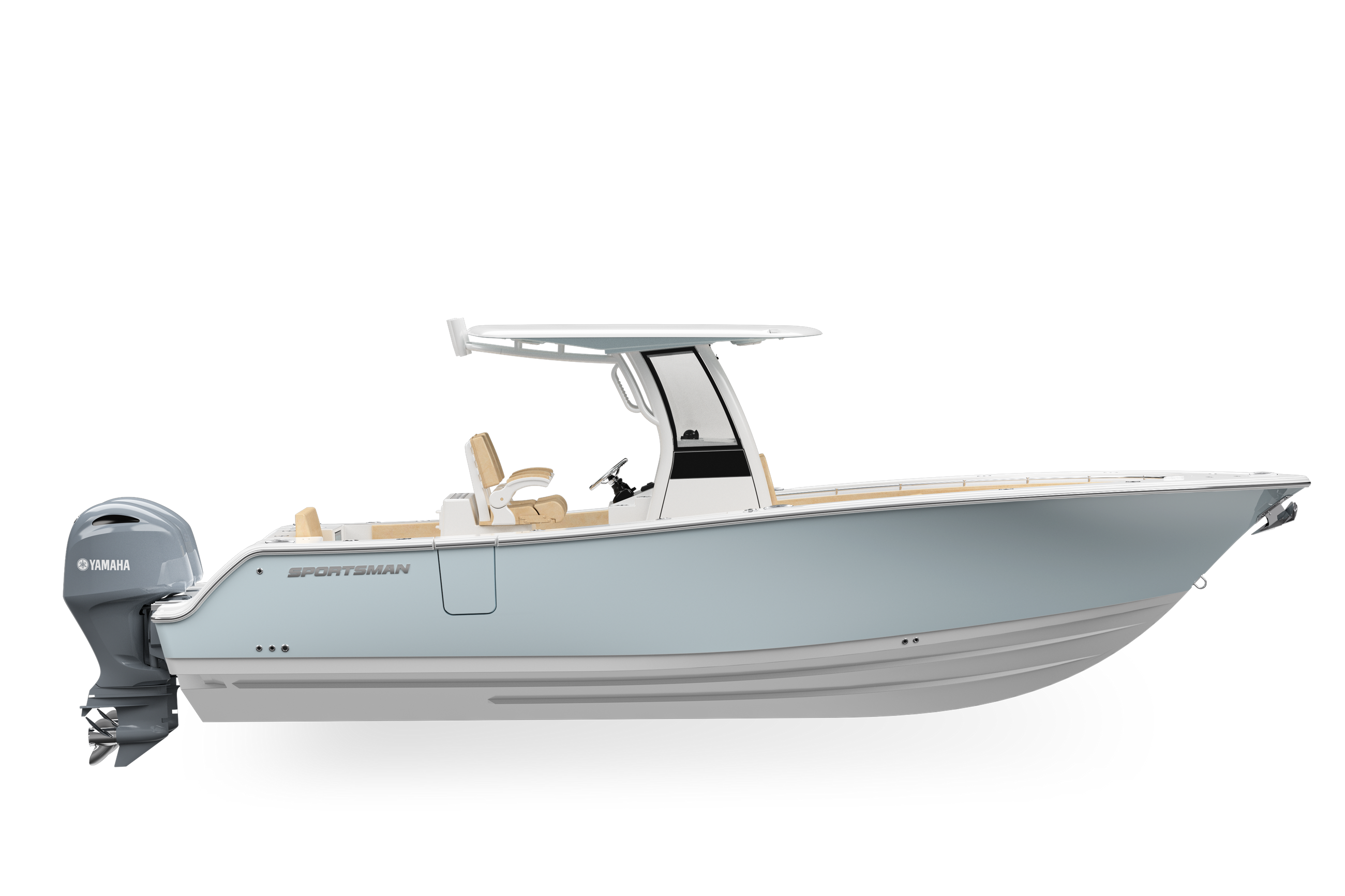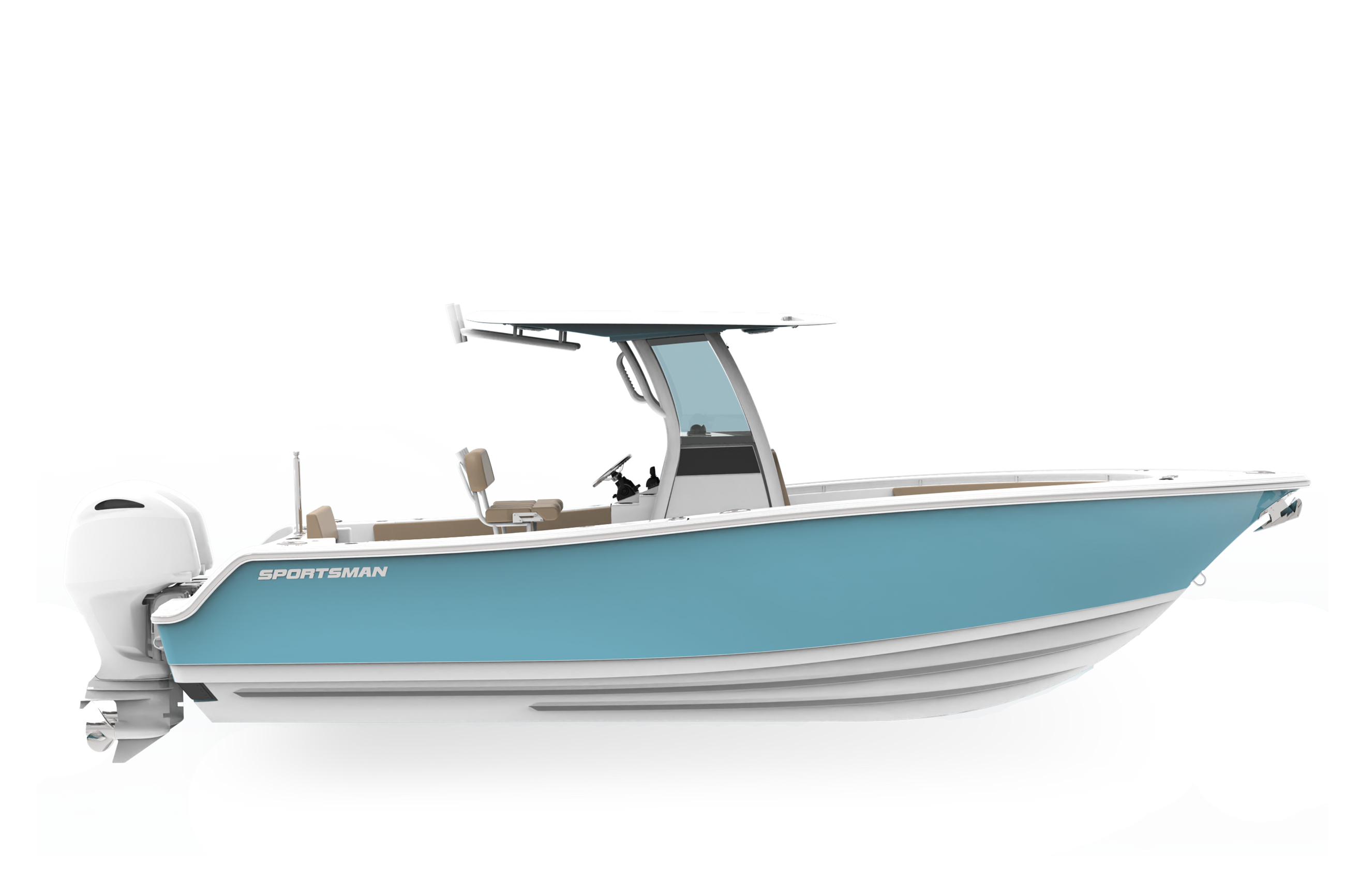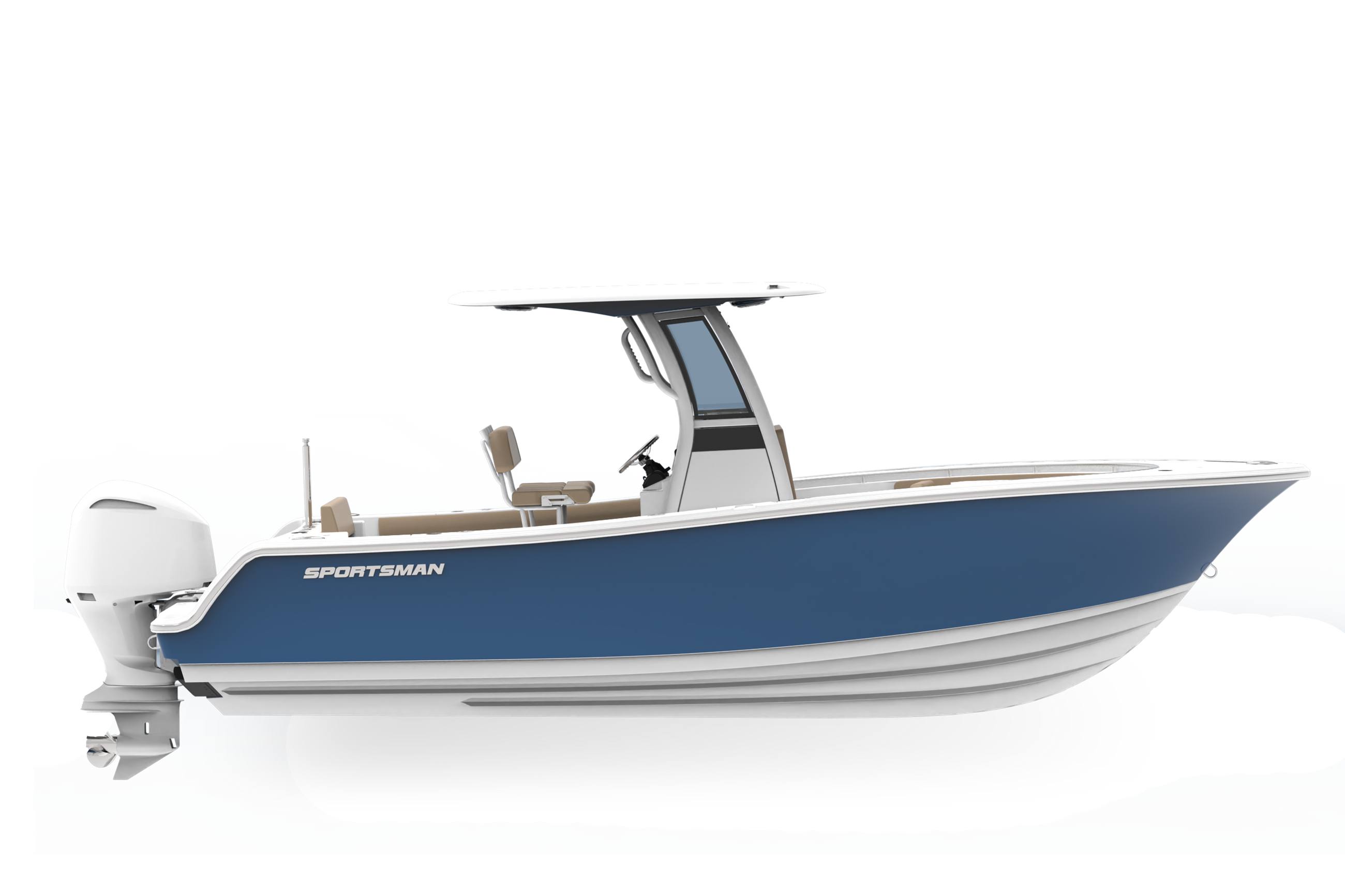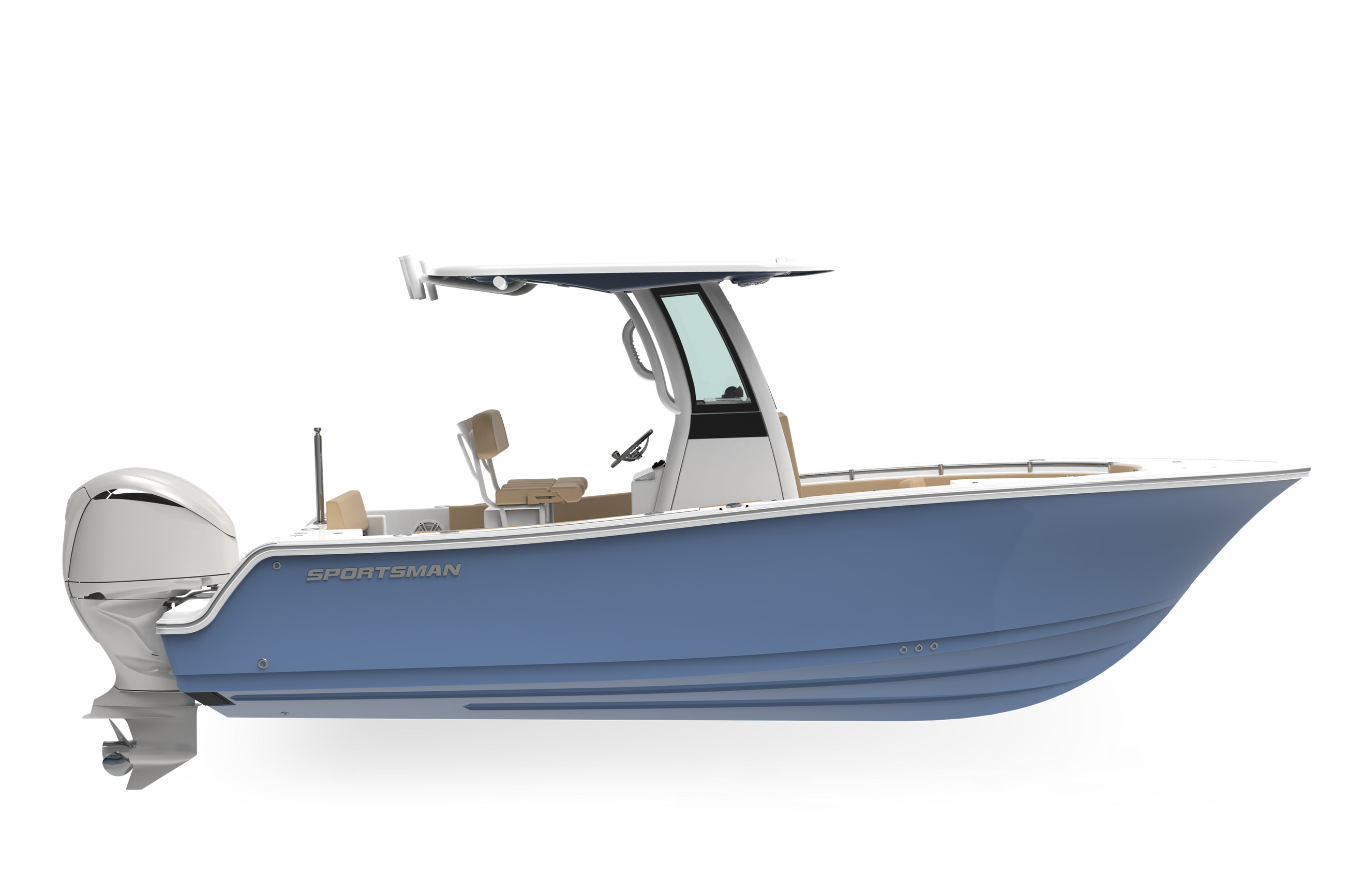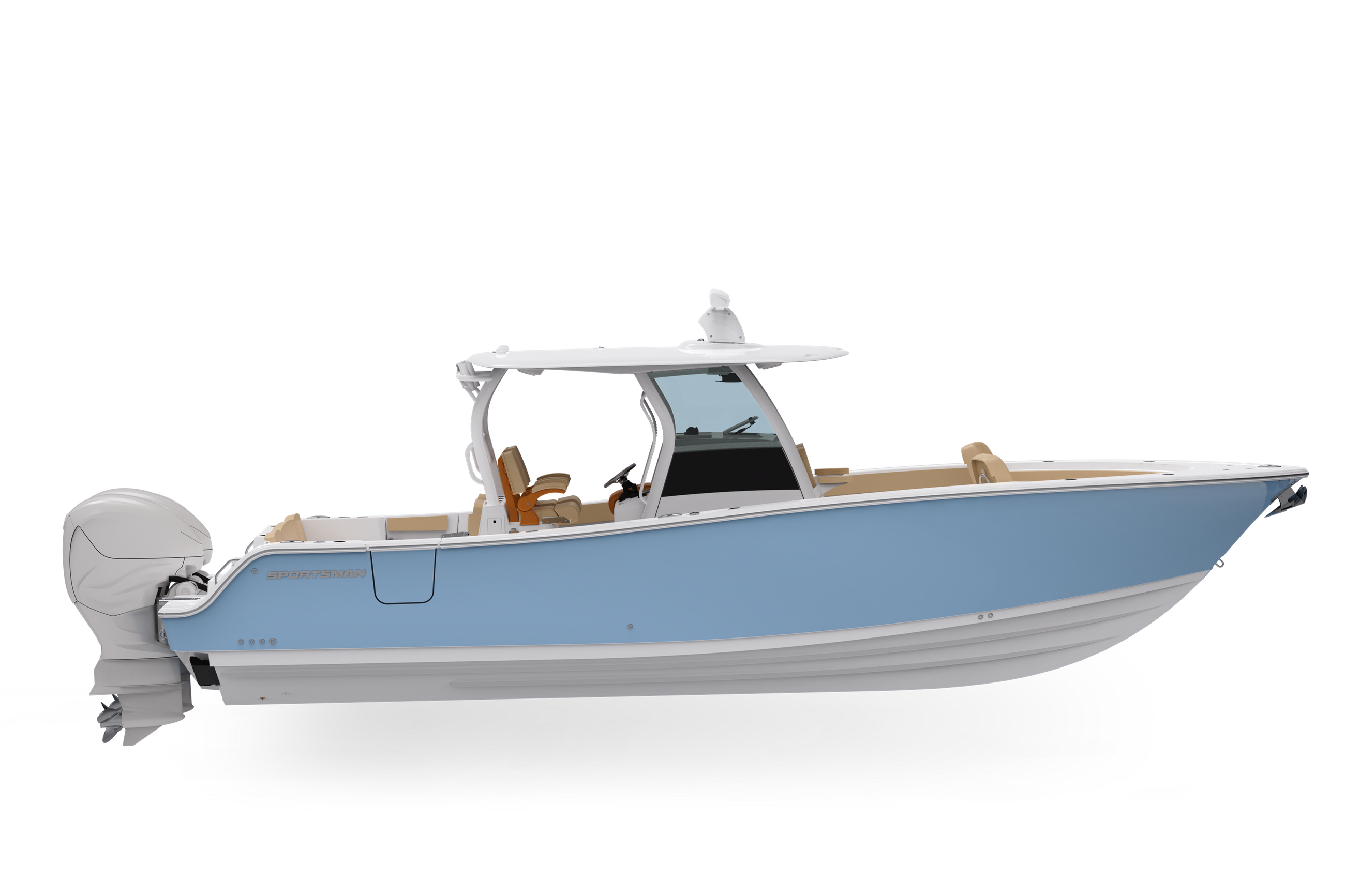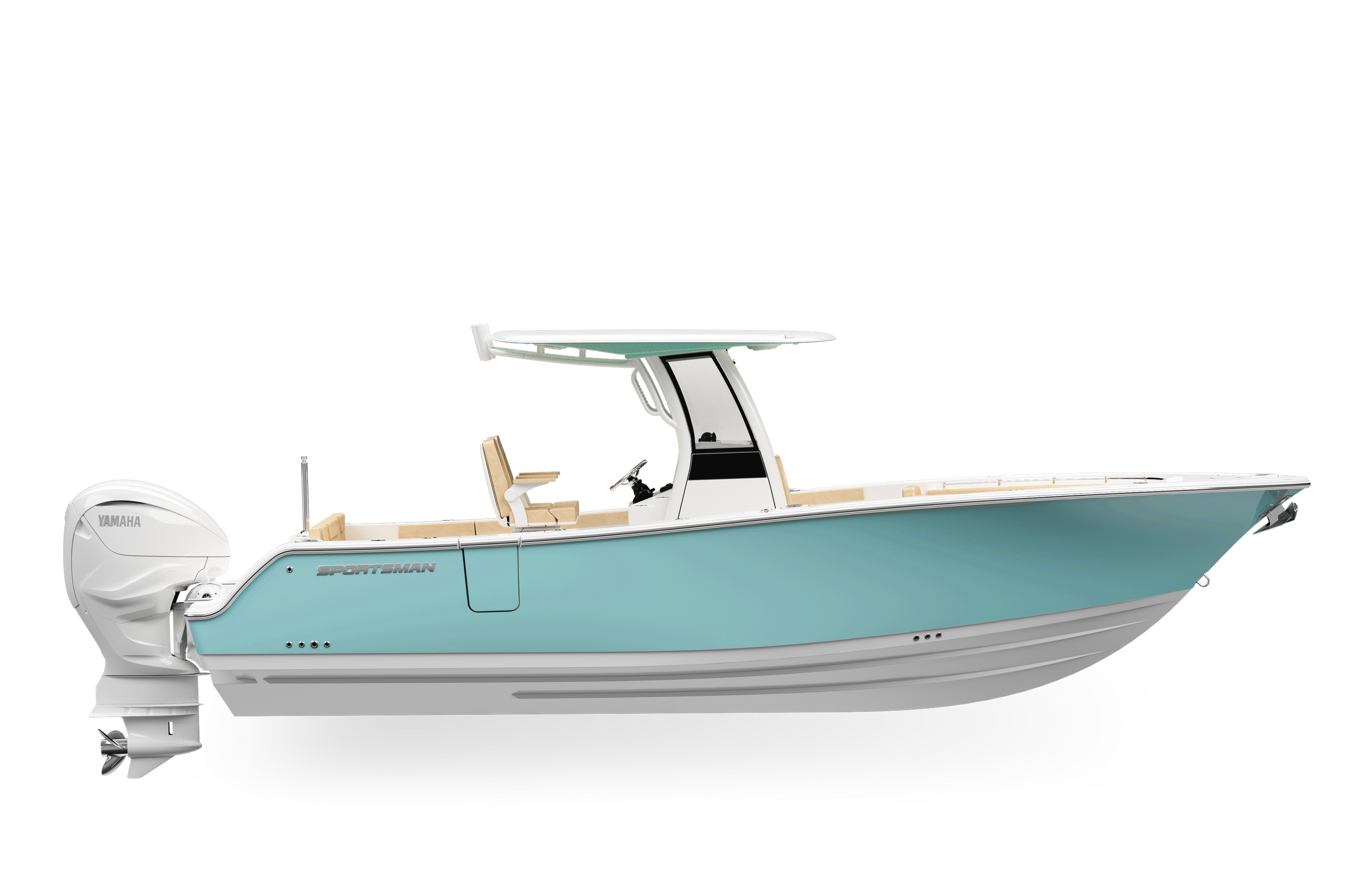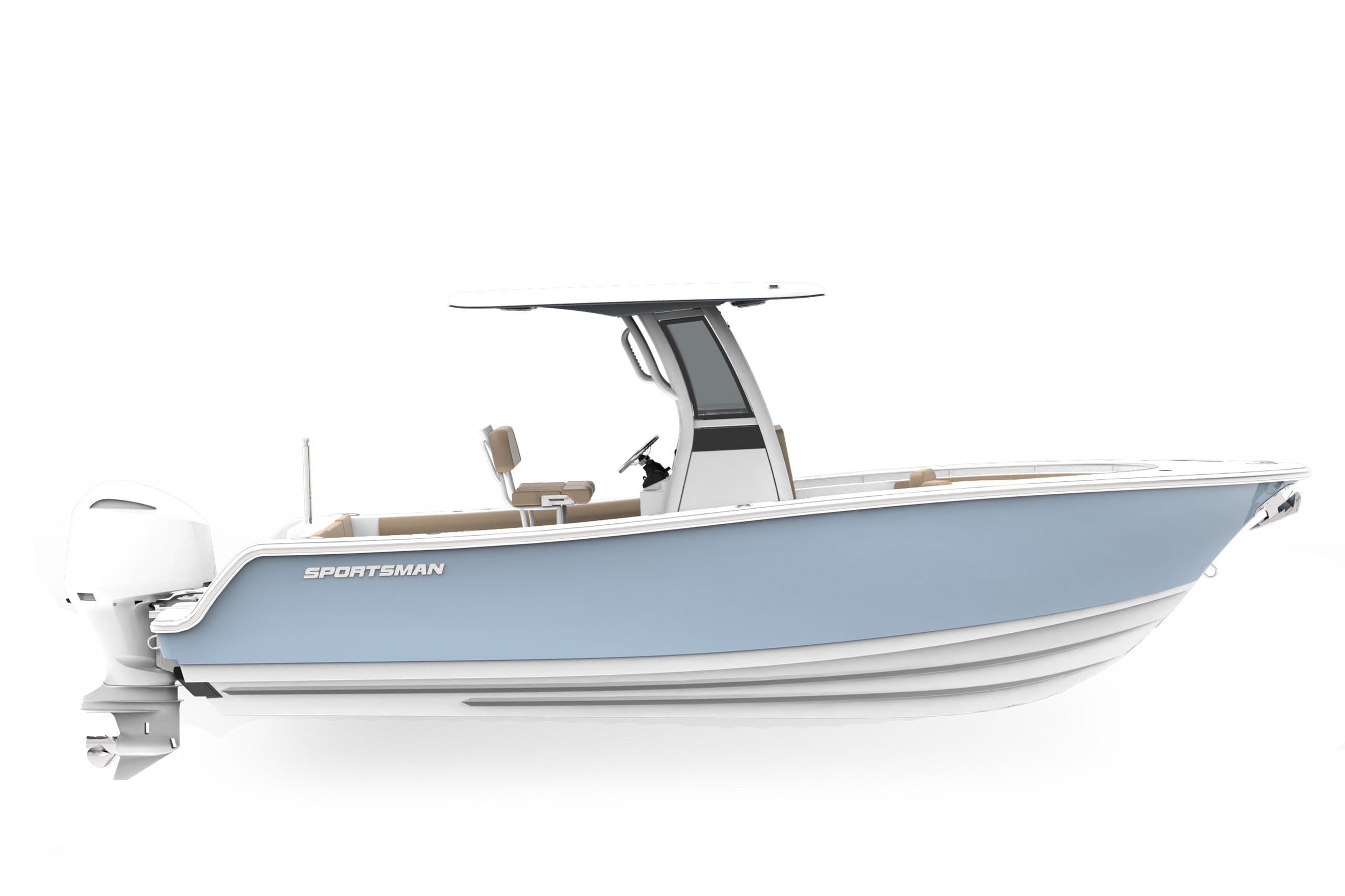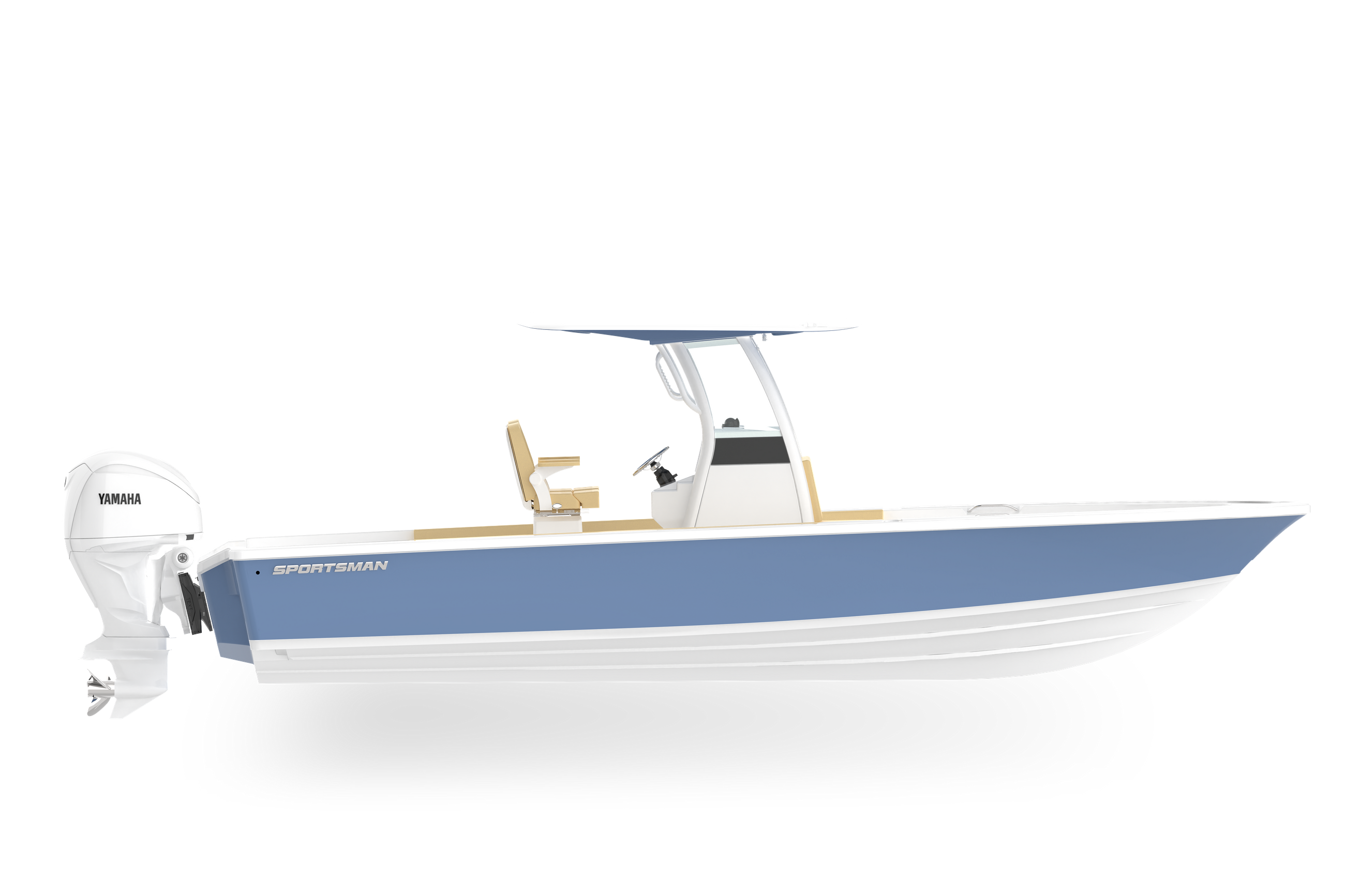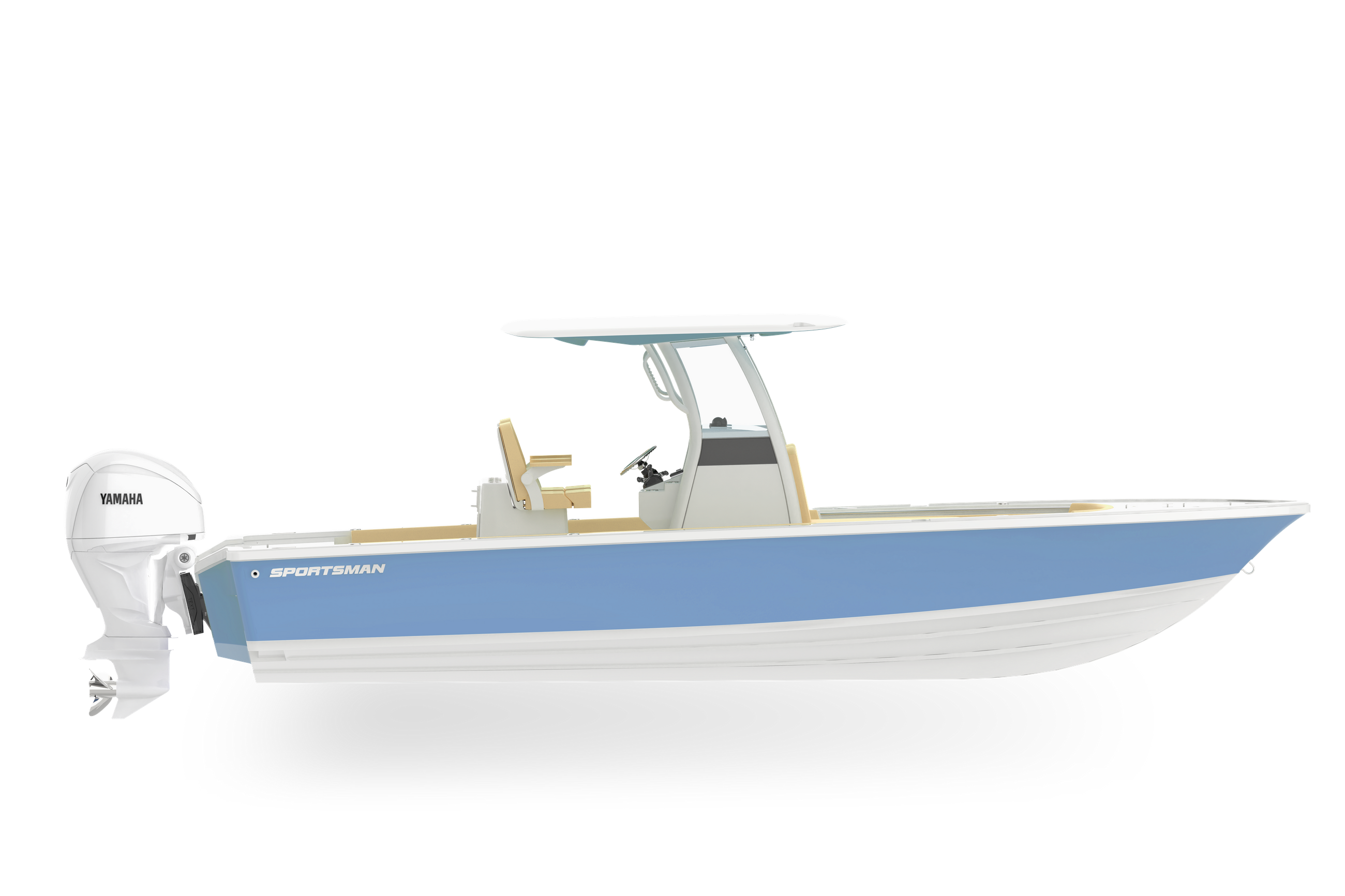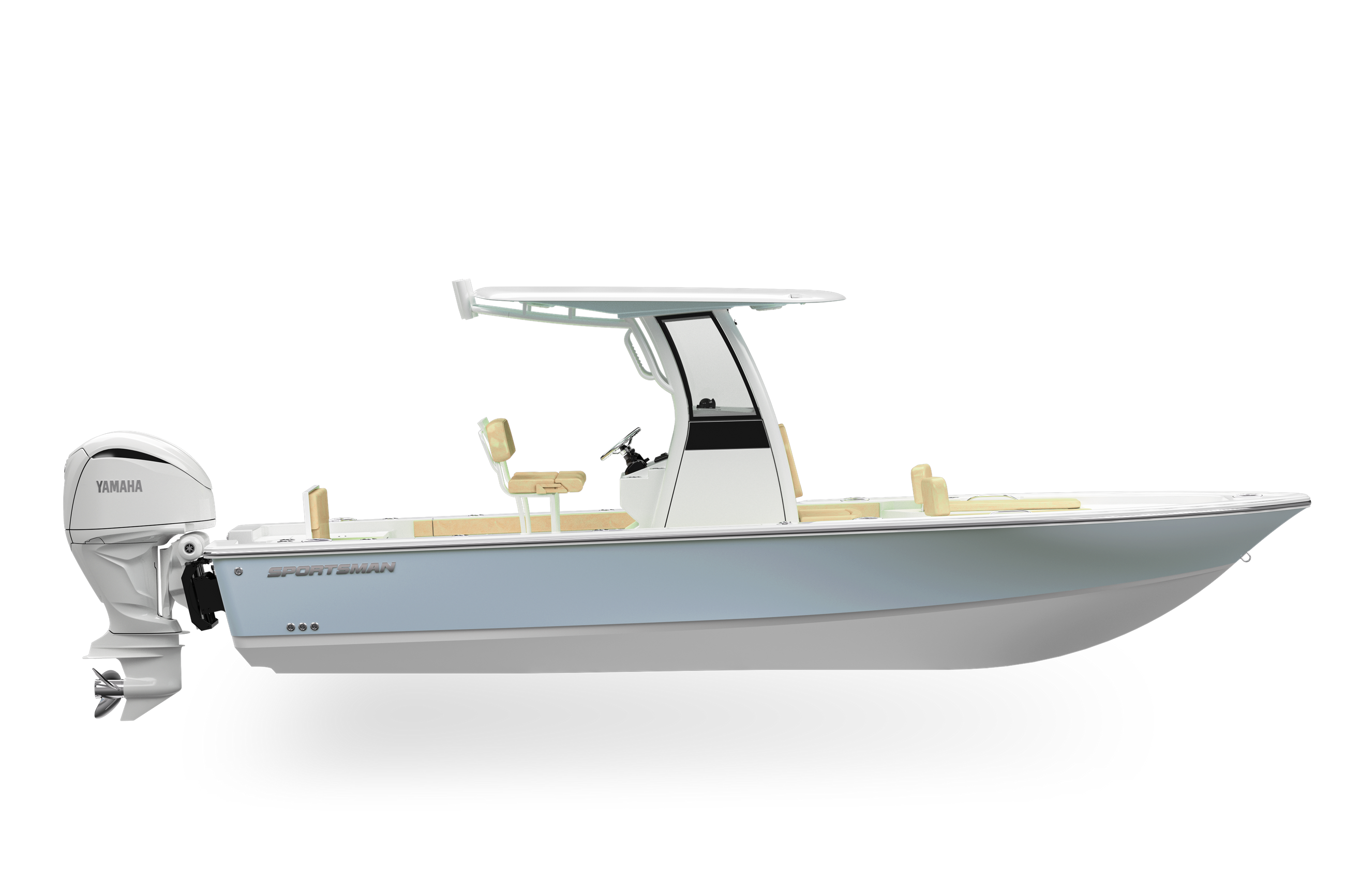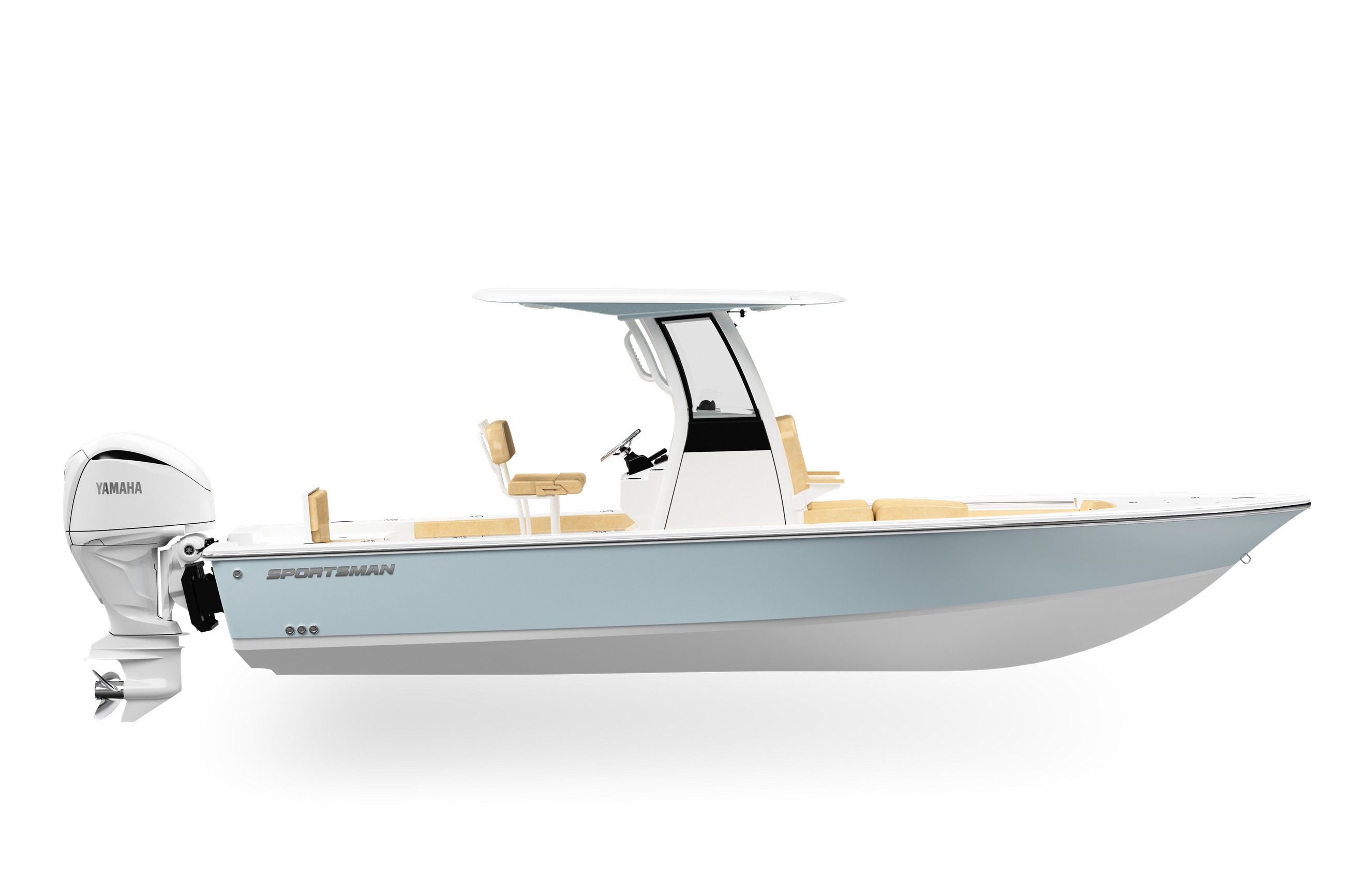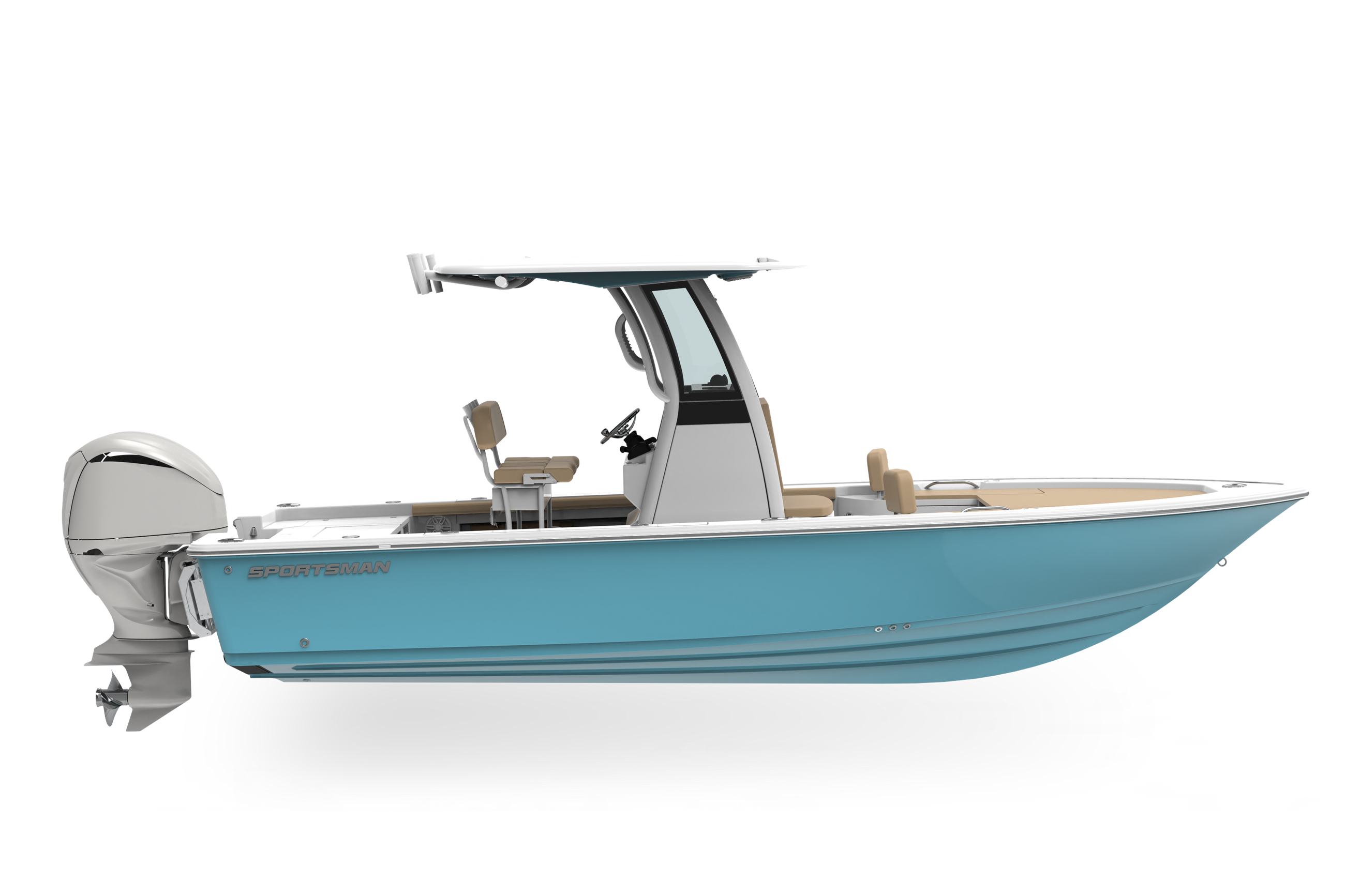
Specifications
Length
26' 7"
Beam
9' 2"
Max Horsepower
450HP
Fuel Tank Capacity
116 gal.
Approx. Usable Fuel Capacity
105 gal.
Freshwater Tank Capacity
25 gal.
Rear Livewells
21 gal. (x2)
Rear Center Livewell
35 gal.
Bow Center Livewell
14 gal.
Console Cooler
48 qt.
Draft (up)
15"
Deadrise at Transom
16°
Approx. Dry Weight
4,300 lbs.
Yacht Certified
Yes
Approx. Bridge Clearance w/ Top
8' 11"
Approx. Bridge Clearance w/ Second Station Top
10' 8"
Frequently Asked Questions
Does the length include the engines or just the hull?
The length does not include engines. It is measured from the tip of the bow to the transom at the centerline of the boat.
Does the weight measurement include engines?
Due to this model being offered with many different engine packages, the engine weight is not included in the estimated weight. It also doesn't include fuel, water, gear or batteries.
What's the difference between tank capacity and usable fuel capacity?
Modern fuel systems require an air gap at the top of the tank to allow for expansion and contraction of fuel as temperatures fluctuate. This reduces the amount of fuel that can be fitted in the tank and is knows as
ullage.
What does the "up" in Draft mean?
This denotes the amount of water the boat floats on with the engines "up" or completely out of the water.
What's the capacity of a Yacht Certified vessel?
All Sportsman Boats are NMMA Certified and under this certification boats over 26 feet are classified as Yacht Certified. This means that there is no explicit person capacity for this boat and it's the responsibility of the captain to operate within safe limits.

Notes
Some capacities shown are for optional items and may not be applicable to all boats.
Due to mandatory EPA regulations in fuel systems, usable fuel capacity can only be estimated and may not reflect real-world capacity.
